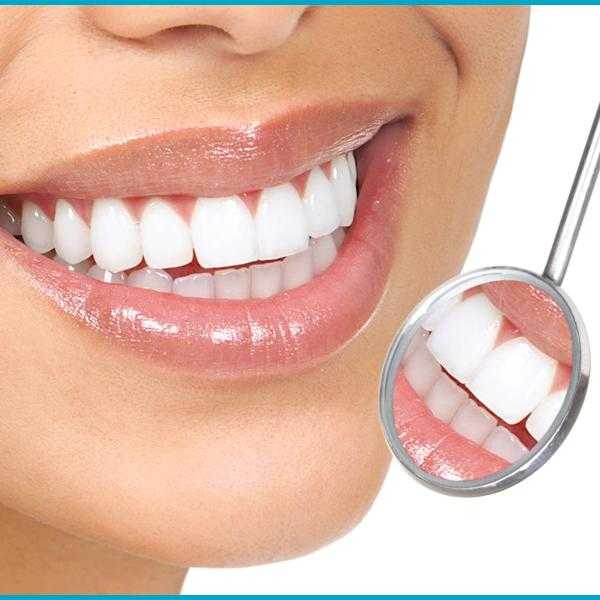
Understanding And Treating Tooth Sensitivity

Understanding and Treating Tooth Sensitivity
Tooth sensitivity is a common dental issue that affects millions of people worldwide. It involves experiencing discomfort or pain in one or more teeth when exposed to certain stimuli, such as hot or cold temperatures, sweet or acidic foods, or even cold air. Understanding the causes and treatment options for tooth sensitivity is crucial for managing this condition effectively and improving oral health.
What Causes Tooth Sensitivity?
Tooth sensitivity typically occurs when the underlying layer of your teeth, called dentin, becomes exposed. Dentin contains tiny tubules that lead to the tooth's nerve center (pulp). When these tubules are exposed, stimuli can reach the teeth' nerves more easily, causing sensitivity. Several factors can contribute to dentin exposure and tooth sensitivity:
- Brushing Too Hard: Aggressive brushing can wear down tooth enamel and expose dentin.
- Gum Recession: Receding gums due to gum disease or improper brushing habits can expose tooth roots, which are not protected by enamel.
- Tooth Decay (Cavities): Cavities penetrating the enamel and reaching the dentin can cause sensitivity.
- Cracked Teeth: Cracks in teeth can expose dentin and lead to sensitivity.
- Acidic Foods and Drinks: Consuming foods and beverages high in acidity can erode enamel over time.
- Dental Procedures: Some dental treatments, such as teeth whitening or dental cleanings, can temporarily cause sensitivity.
Symptoms of Tooth Sensitivity
The primary symptom of tooth sensitivity is discomfort or pain that is sharp and sudden, often in response to:
- Hot or Cold Foods: Drinking hot coffee or ice cream may trigger sensitivity.
- Sweet or Sour Foods: Consuming sugary or acidic foods can cause sensitivity.
- Air Exposure: Breathing in cold air or exposing teeth to air from a fan can be uncomfortable.
Preventive Measures for Tooth Sensitivity
Taking preventive steps can help reduce the risk of developing or worsening tooth sensitivity:
- Use a Soft-Bristled Toothbrush: Brush gently in circular motions to avoid wearing down enamel or causing gum recession.
- Avoid Acidic Foods and Drinks: Limit acidic beverages like soda and citrus juices.
- Practice Good Oral Hygiene: Brush twice daily with fluoride toothpaste and floss regularly to maintain oral health.
- Use Fluoride Mouthwash: Rinse with fluoride to strengthen enamel and reduce sensitivity.
- Wear a Mouthguard: If you grind your teeth (bruxism), wear a mouthguard at night to protect enamel.
Treating Tooth Sensitivity
Managing tooth sensitivity involves addressing the underlying causes and using targeted treatments to alleviate discomfort:
1. Desensitizing Toothpaste:
- How It Works: Desensitizing toothpaste contains compounds that block the transmission of sensation from the tooth surface to the nerve.
- Application: Use regularly as directed by your dentist to achieve maximum effectiveness.
2. Fluoride Treatment:
- Professional Application: Your dentist may apply fluoride varnish or gel to strengthen enamel and reduce sensitivity.
- At-Home Use: Use fluoride mouthwash or gel to promote enamel remineralization.
3. Dental Sealants:
- Purpose: Sealants can be applied to cover exposed tooth roots and protect them from stimuli that cause sensitivity.
- Procedure: Your dentist applies a thin resin layer over the affected teeth to create a barrier.
4. Gum Grafting:
- For Severe Recession: If gum recession is severe, your dentist may recommend gum grafting to cover exposed tooth roots and reduce sensitivity.
- Procedure: Tissue is taken from another part of your mouth or a donor source and attached to the affected area.
5. Root Canal Therapy:
- In Extreme Cases, If sensitivity is due to extensive decay or damage to the tooth pulp, root canal therapy may be necessary to remove the damaged pulp and seal the tooth.
Lifestyle Tips for Managing Tooth Sensitivity
In addition to dental treatments, adopting these lifestyle changes can help manage tooth sensitivity and promote overall oral health:
- Avoid Teeth Grinding: Use a mouthguard to protect teeth from grinding or clenching, especially at night.
- Quit Smoking: Tobacco use can contribute to gum disease and exacerbate tooth sensitivity.
- Regular Dental Check-Ups: Visit your dentist for routine check-ups and cleanings to monitor oral health and detect issues early.
Conclusion
Tooth sensitivity can significantly impact daily life, but it is manageable with proper care and treatment. By understanding the causes, symptoms, preventive measures, and treatment options for tooth sensitivity, you can take proactive steps to improve oral health and reduce discomfort. Consult your dentist for personalized advice and treatment recommendations based on your needs. You can enjoy a healthy, pain-free smile and maintain optimal dental wellness for years with the right approach.
If you live in Madurai, you are searching for Dental Clinic in Madurai. It would be best if you considered SRM Dental Clinic. Call us to Book an Appointment: +9443252108.
Author Bio
We are the best dental clinic in Madurai: Check for more details at SRM Dental Clinic.
Article Comments
No Comments!
At present there are zero comments on this article.
Why not be the first to make a comment?
Similar Articles
Search Pages
User Upgrade
account to full use of editor,
Including hyperlinks
Article Categories
There are zero sub-categories in this parent category.
There are zero sub-categories in this parent category.

















